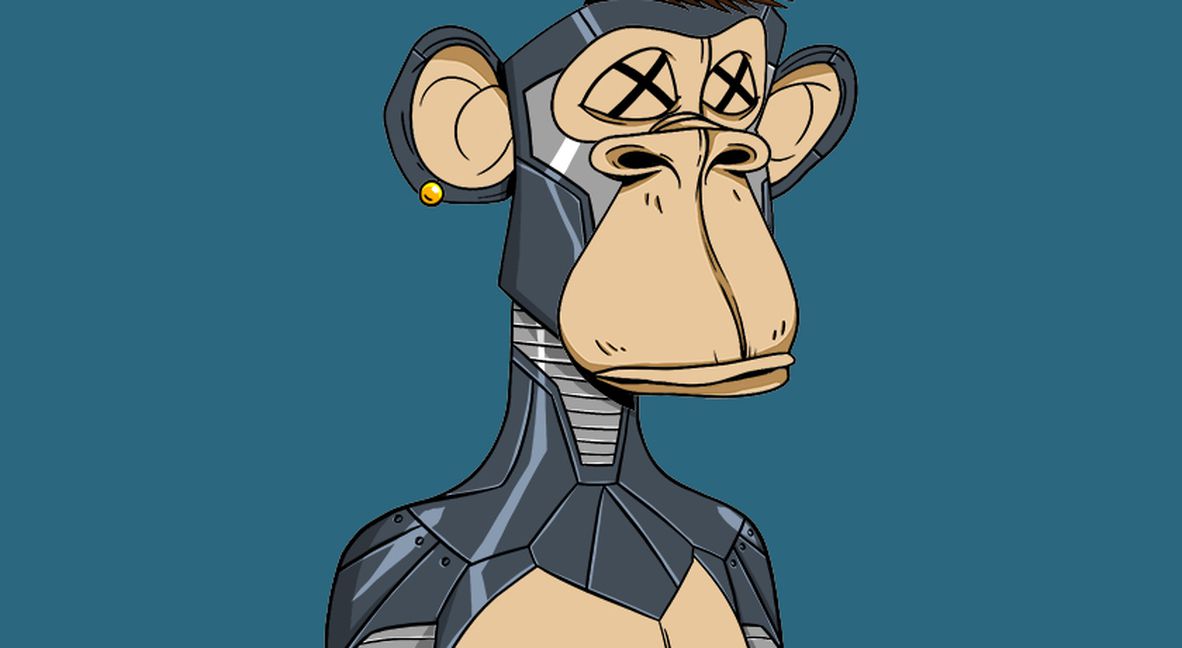A trader told CNET that he meant to list his NFT for 75 Ether, about $300,000.
A “lapse of concentration” caused him to mistakenly type in 0.75 Ether as the selling price.
A fat-finger error is where a trader places the wrong bet on a stock or asset because of a typo.
A Non-Fungible Token trader mistakenly sold a highly sought-after NFT for $3,000 instead of its intended listing price which was $300,000 due to a “fat-finger” error.
The trader, called Max or “maxnaut” online, told tech news website CNET that he intended to list his NFT for 75 ether, or about $300,000. However, a “lapse of concentration” caused him to accidentally type in 0.75 ether as the listing price.
A fat-finger error is where a trader places the wrong bet on a stock or other financial asset because of a typing mistake. For instance, in 2014, a fat-finger mistake happened and was blamed for a sudden spike in the share price of British lender HSBC. “Fat finger” errors might occur in traditional finance, but they’re usually stopped or reversed. Not so with NFTs and cryptocurrency.
Max’s NFT was a part of the Bored Ape Club, a group of 10,000 colorful apes that run on the Ethereum blockchain, the network behind the world’s second-largest cryptocurrency. Their colorful apes have been bought by various celebrities such as Jimmy Fallon, DJ Khaled, and Post Malone who bought them for hundreds of thousands of dollars.
So it was bought instantaneously. The buyer paid an additional $34,000 to accelerate the transaction, which ensured that no one was able to snap it up before them. The Bored Ape was then listed for $248,000. It was later revealed that the transaction was done by a bot, which was coded to immediately buy NFTs listed below a certain price on behalf of their owners in order to take advantage of these exact situations.
It was a lapse of concentration by Max, that led to this mistake. According to Max, he was listing a lot of items every day and just wasn’t paying enough attention. When he realized the error, he received a transaction with over 8 ETH [$34,000] of gas fees so it instantly sniped before he could click cancel, and just like that, $250k was gone.
Fat finger trading is not uncommon in traditional finance. Usually, financial institutions will stop transactions if they detect suspicious transactions. However, cryptocurrency trades are almost impossible to reverse unless the people involved in a transaction agree to do so. The blockchain technology that underpins many digital assets is designed to ensure transactions are irreversible.
Fat finger errors in crypto transactions have made headlines in the past. In 2019, the company behind the popular cryptocurrency Tether almost doubled its own supply when it created $5 billion worth of new coins. In March, BlockFi sent 700 Gemini dollars to a set of customers, but instead of sending them all, it sent them millions of dollars worth of Bitcoin. A small crypto exchange incorrectly paid $24 million in fees on a $100,000 deposit. It was luckily refunded the full amount by an Ethereum miner who verified the transaction.
Similar events have happened in NFTs, with one instance where someone tried to sell a CryptoPunk NFT for $19 million but accidentally listed it for $19,000 instead. In August, someone tried to sell their Bored Ape for $26,000, but it was immediately sold for $150,000.
“The industry is so new, bad things are going to happen whether it’s your fault or the tech,” Max said. “Once you no longer have control of the outcome, forget and move on.”
If you are interested in learning more about NFT License Agreements or require legal assistance in connection with preparing your customized NFT license agreement, feel free to reach out to us and our expert attorneys will contact you in no time!
Note that the information mentioned in this article is not a substitute for obtaining legal advice from an attorney. Each situation is unique, and you should not act or rely on any information contained herein without seeking the advice of an experienced attorney.
Legally Yours,







